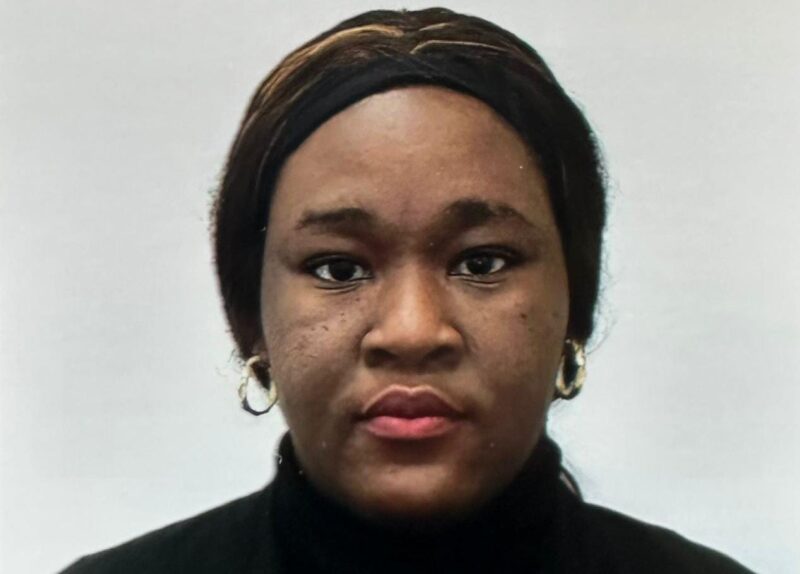1
For many Nigerians, a diagnosis of Type II Diabetes comes with a simple prescription: eat better, exercise more, take your drugs. But for Omobolaji Odunowo, a US-based Nigerian clinical data scientist, the story goes much deeper.. Her latest research reveals that poverty, unemployment, and low education are the hidden engines driving the disease in Nigeria.
In this conversation with Daily Independent, Odunowo opens up about her groundbreaking study, her personal drive, and why she believes data can rescue Nigeria’s healthcare system from collapse.
Daily Independent: Your research takes a rather unconventional route, using data to look beyond the hospital walls. Why this approach?
Odunowo: (smiles) Because the data was screaming at me! The more I analysed patient records, the clearer it became that Type II Diabetes isn’t just about what people eat or whether they jog in the mornings. It’s about whether they have jobs, whether they can read food labels, and whether they even have money to buy healthy food.
Daily Independent: That sounds like a tough pill for policymakers to swallow.
Odunowo: (laughs) It is. But you can’t treat poverty with insulin, right? The patterns are undeniable. Long-term unemployment and low educational attainment aren’t background noise; they are central variables in predicting diabetes risk.
Daily Independent: Your study mentions the “education-health link.” Can you break that down?
Odunowo: Absolutely. We found a strong inverse relationship between education level and smoking, which is a major diabetes risk factor. Basically, the less education someone has, the more likely they are to pick up risky habits like smoking. Education, in this sense, acts like a vaccine; it shields people by giving them knowledge and alternatives.
Daily Independent: Interesting. And you also talk about the economic burden…
Odunowo: (Cuts in) Yes. The poorest patients spent the most on managing diabetes. That’s tragic irony. Poverty not only increases the risk but also amplifies the cost when the disease strikes. Families are pushed into financial ruin just trying to keep someone alive.
Daily Independent: Your research calls for a “health in all policies” approach. What does that look like in Nigeria?
Odunowo: It means ministries can no longer work in silos, because health is not the exclusive business of doctors. For example, if the Ministry of Labour creates targeted job programs for at-risk groups, that’s already diabetes prevention. If schools embed health literacy into curricula, that’s diabetes prevention.
Daily Independent: So, it’s not just about building more hospitals?
Odunowo: Exactly. We cannot hospitalise our way out of a diabetes epidemic. Prevention is cheaper, smarter, and kinder.
Daily Independent: But Nigeria has always struggled with health data. How do we bridge that?
Odunowo: That’s the big challenge. Our datasets often leave out critical variables such as ethnicity or detailed income brackets. And then there’s the bureaucracy, ministries working in silos. To really fight diabetes, we need to see health as everyone’s business, not just the Ministry of Health’s headache.
Daily Independent: And you believe predictive data can really guide interventions?
Odunowo: Yes. .My models reveal that high-risk groups can be classified using only socioeconomic and behavioural data. Imagine what Nigeria could do if we used our own health data to map hotspots, target public campaigns, or even deploy mobile health solutions. It’s low-cost and highly effective.
Daily Independent: That line should be on a billboard. (laughs)
Odunowo: (laughs) You’re right, maybe I’ll trademark it! But honestly, that’s the crux of the problem. If we ignore the social roots of diabetes, we’ll keep treating symptoms and never touch the cause.
Daily Independent: Finally, what drives you personally to do this work?
Odunowo: (pauses) I’ve seen relatives struggle with diabetes. I’ve seen families spend everything they have on medication while the root causes, poverty, stress, and diet, are ignored. I wanted to use my skills in data science to change that narrative. Data is not just numbers; it’s people’s lives.
Daily Independent: And your message to Nigerian leaders?
Odunowo: The evidence is clear. We now have a blueprint to prevent diabetes, not just treat it. The question is: will Nigeria’s leaders act on it?








